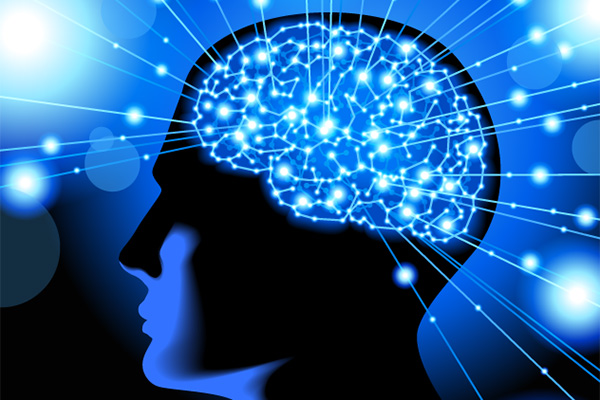Alzheimer’s was earlier thought of as a disease which could not be treated. The patients would die a slow death as their was no available medication for the disease. A type of dementia, the ones effected with Alzheimer’s do not have any hope for a treatment but if reports are to be believed Australia based researchers have introduced a new non-invasive ultrasound technology that clears the brain of neurotoxic amyloid plaques. The neurotic amyloid plaques are responsible for memory loss and a decline in cognitive function in Alzheimer affected patients.
Memory Loss Can Be Now Fully Restored By This New Treatment
Amyloid plaques sit between the neurons and end up as dense clusters of beta-amyloid molecules, a sticky type of protein that clumps together and forms these plaques.
There is no vaccine or curbing measure for Alzheimer’s which affects 50 million people worldwide but researchers and scientists have been continuously in search of something which could bring the disease onto a curable front, starting with how to clear the build-up of defective beta-amyloid and tau proteins from a patient’s brain. ‘Now a team from the Queensland Brain Institute (QBI) at the University of Queensland have come up with a pretty promising solution for removing the former’, the sciencealert.com reported.
In a report published in the Science Translational Medicine , the team describes the technique as using a particular type of ultrasound called a focused therapeutic ultrasound, which non-invasively beams sound waves into the brain tissue.
By oscillating super-fast, these sound waves are able to gently open up the blood-brain barrier, which is a layer that protects the brain against bacteria, and stimulate the brain’s microglial cells to activate. Microglila cells are basically waste-removal cells, so they’re able to clear out the toxic beta-amyloid clumps that are responsible for the worst symptoms of Alzheimer’s.
If the experiment does come out to be a success then it would be a relief to the millions of people worldwide who are suffering from the disease.
The team reports fully restoring the memory function of 75 percent of the mice they tested it on, with zero damage to the surrounding brain tissue. They found that the treated mice displayed improved performance in three memory tasks – a maze, a test to get them to recognise new objects, and one to get them to remember the places they should avoid.
“We’re extremely excited by this innovation of treating Alzheimer’s without using drug therapeutics,” one of the team, Jürgen Götz, said in a press release . “The word ‘breakthrough’ is often misused, but in this case I think this really does fundamentally change our understanding of how to treat this disease, and I foresee a great future for this approach.”
The team further said that they’re planning to experiment with higher animal models first and then turn to humans in 2017.
If you loved this article, feel free to share it !



